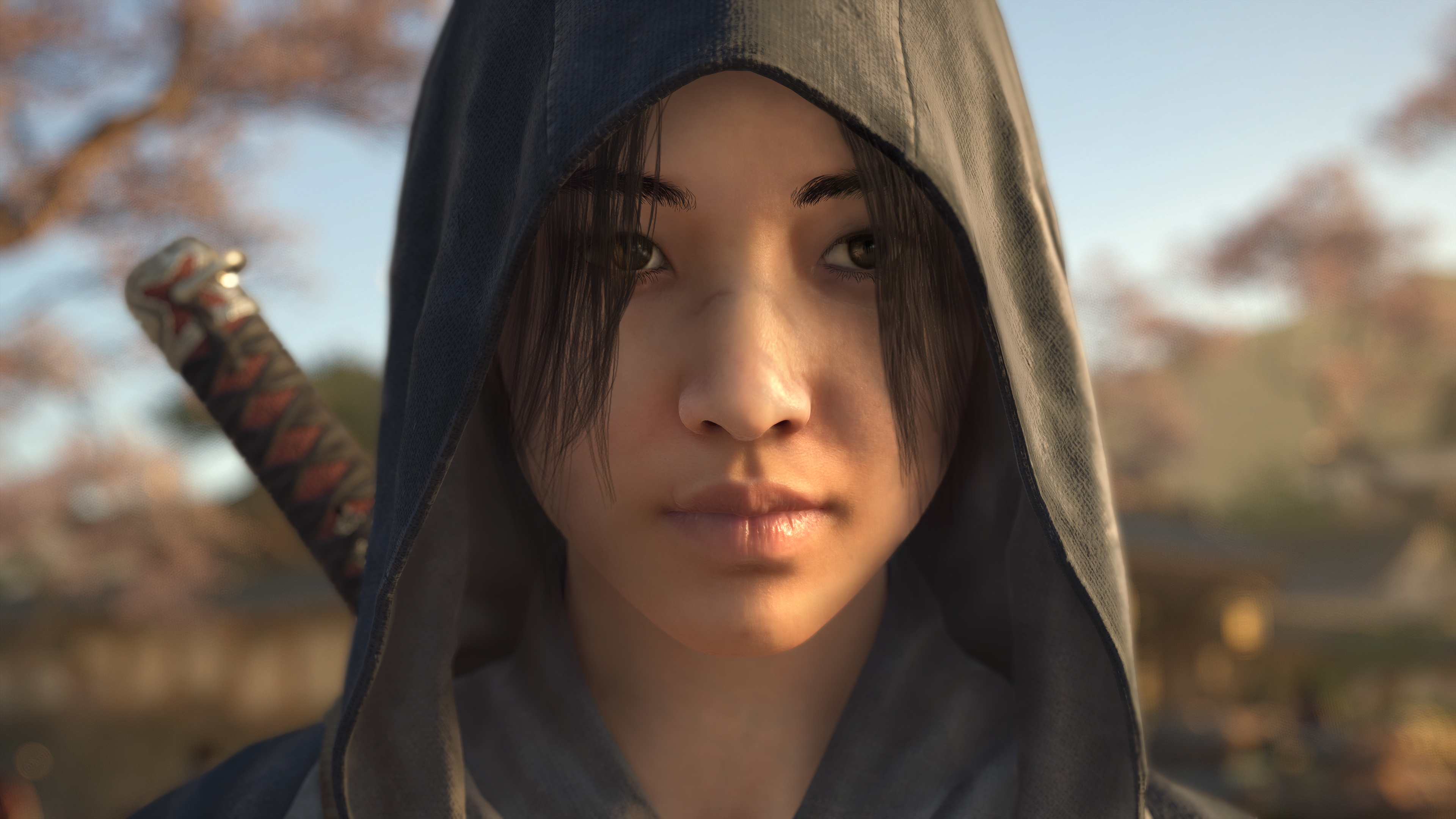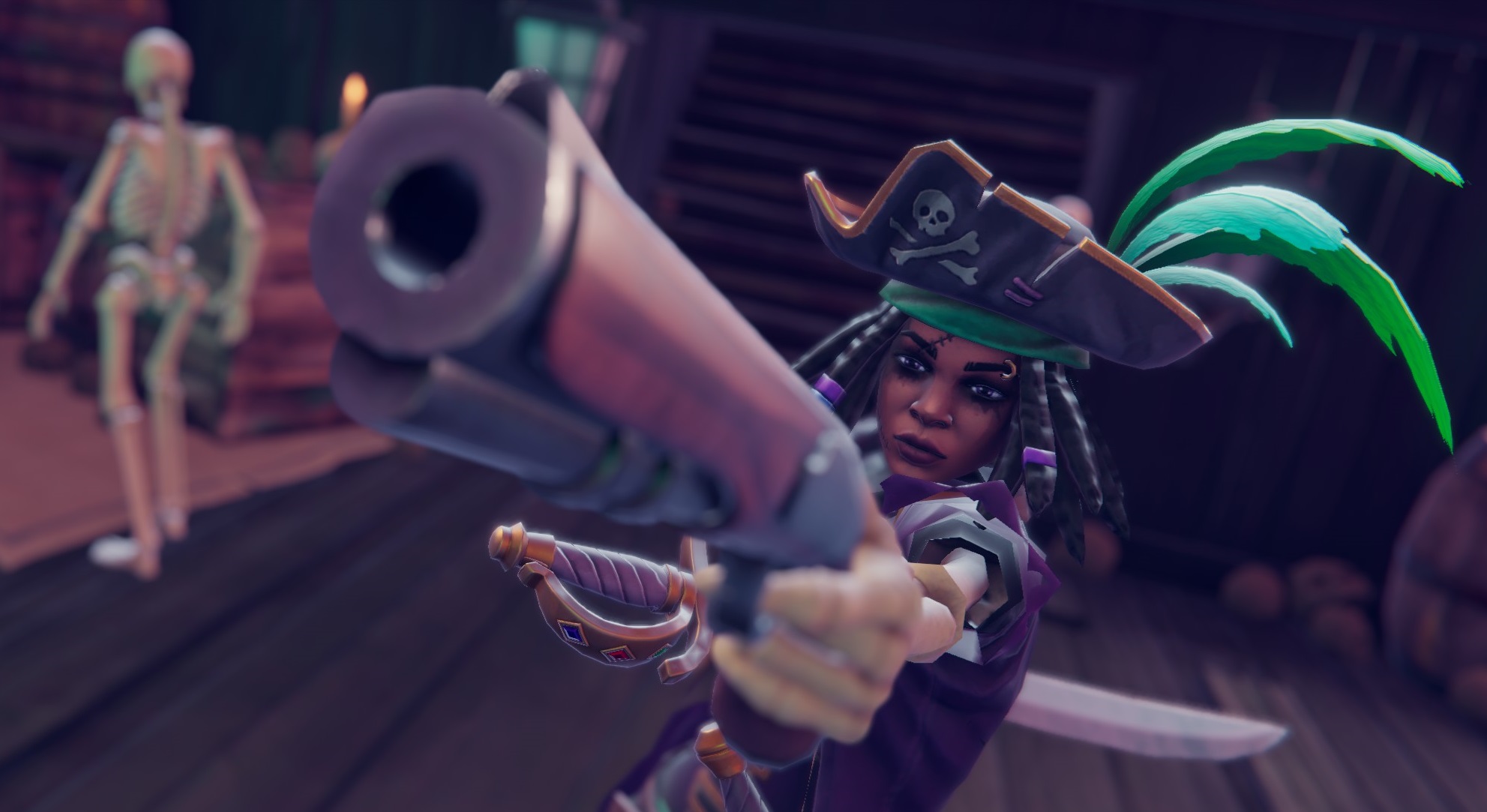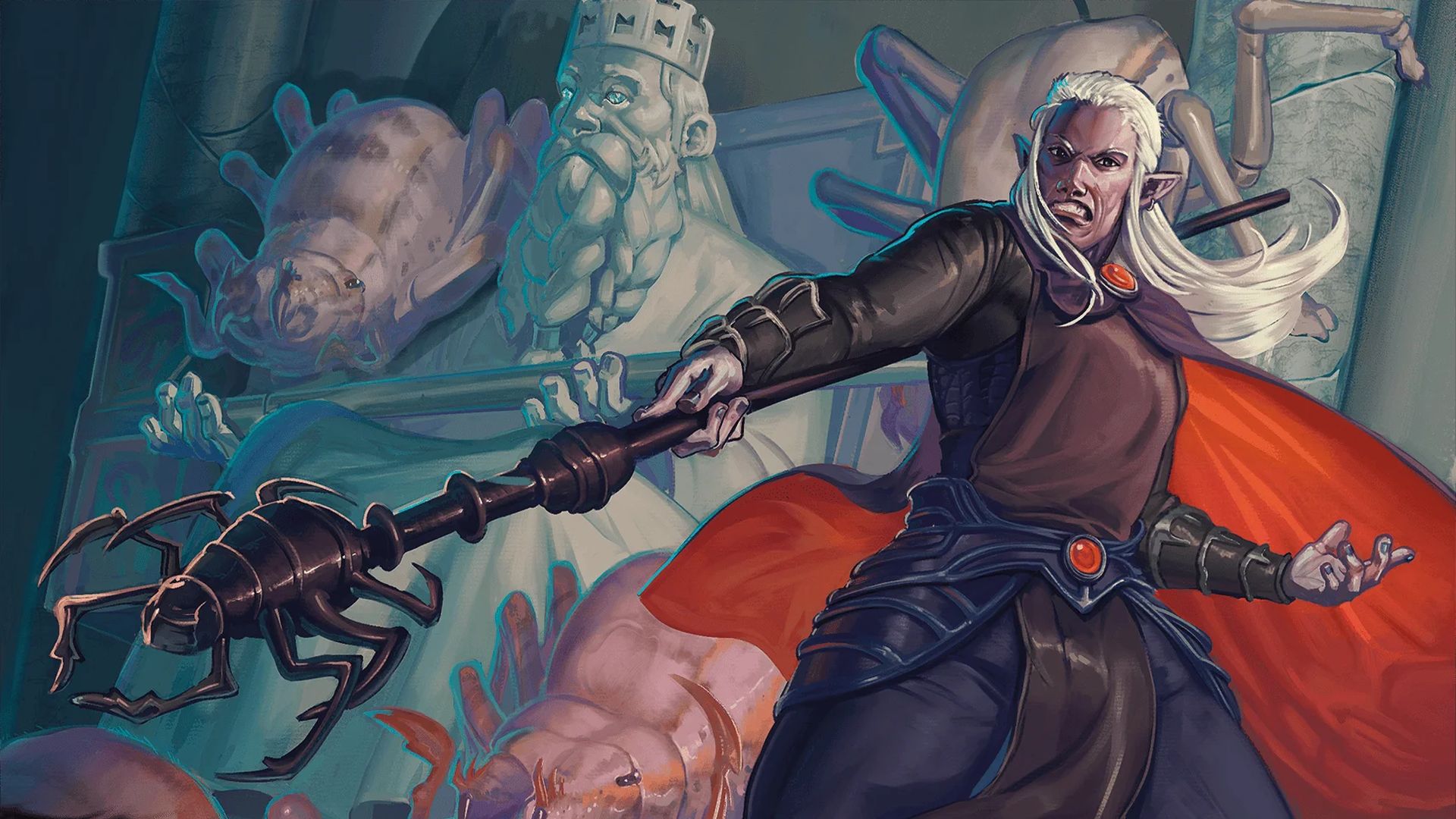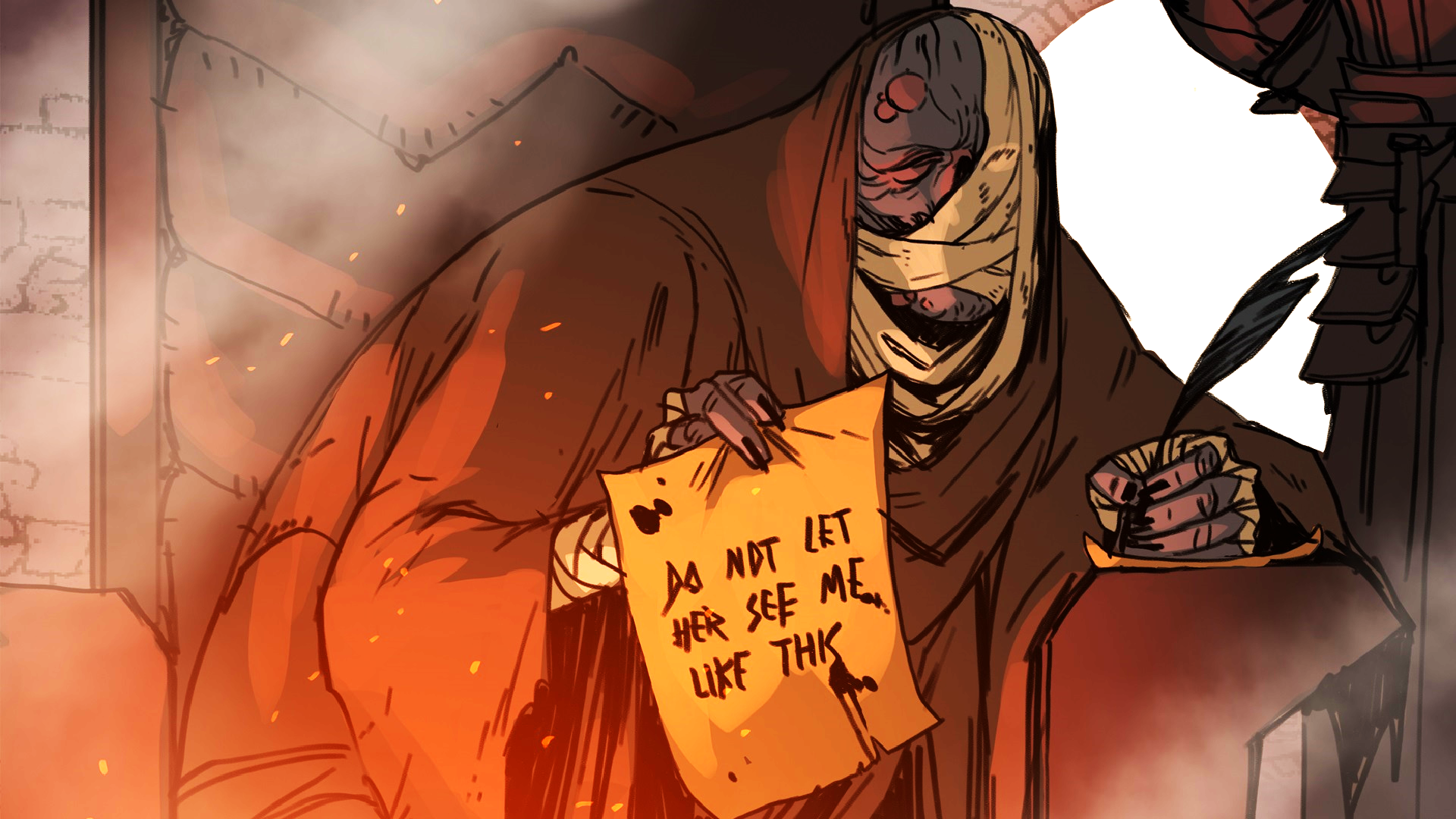
Kraven the Hunter Review
The laughter started about 20 minutes into my screening of Kraven the Hunter… and it wasn’t the kind of laughter that anyone who’s devoted months or years to making a film wants to hear. But more than Russell Crowe’s silly Russian accent, more than Fred Hechinger’s lip syncing of piano bar standards like Harry Styles’ “Sign of The Times”, more than the rumble of Aaron Taylor-Johnson’s stomach hungry for anything other than the boiled chicken and rice that he must’ve mainlined for months to achieve his ridiculously sculpted abs, laughter is the sound that will be associated with this followup to Madame Web, Morbuis, and the Venom trilogy. Say what you will about the flagging quality of the Marvel Cinematic Universe as of late, but Sony’s craven (hold for applause) exercise in keeping its Spider-Man movie license alive is worthy only of your ridicule, and certainly not the 127 minutes you’re being asked to waste on what I can only pray is the final attempt to beat this dead horse of a cinematic universe. Seeing as Kraven’s so anti-animal cruelty here, it would be only right.
With a structure shamelessly ripped from Batman Begins, Kraven the Hunter’s first act alternates between past and present, introducing Sergei Kravinoff (Aaron Taylor-Johnson) as a mythical “Hunter” not of animals, but of criminals. As a boy, Sergei and his half-brother Demetri (Fred Hechinger) live in fear of their Russian mobster dad Nikolai (Russell Crowe), who espouses the importance of strength and cliché masculinity in the face of life’s challenges by taking his boys on a hunting trip to Ghana after a family tragedy. It’s here that young Sergei’s (Levi Miller) empathy for animals is first demonstrated, as his hesitation to participate in his father’s hunt sets off a bizarre sequence of events that grant him the speed of a lion, the strength of a lion, the eyes of a lion, and the ability to command the animal kingdom of a lion – a transformation illustrated with a cheap-looking vision quest full of irrelevant runes superimposed over stock nature footage. Remember when Nightwolf teaches Liu Kang about Animalities in Mortal Kombat: Annihilation? That’s the vibe. Kraven the Hunter’s computer-generated animal allies don’t look much better – they don’t need to look as good as the wildlife in the upcoming Mufasa: The Lion King to get the point across, but their soulless eyes and janky animation are constant distractions.
That’s also true in the present-day storyline. The prison-escape opener hints that maybe Sergei’s abilities could open the door for some good ol’ cinematic savagery in the action scenes, though that hope is short-lived. He jumps and slides around, slashing throats and scaling walls with ease. He even bites one poacher’s nose off and spits it at another! Good clean fun, the way the Action Movie Gods intended! Johnson is a capable performer when it comes to the very physical one-on-one brawls, but Kraven the Hunter relies far too heavily on the low-end (by comic book movie standards) super strength of Sergei – which we’ve seen too many examples of to be impressed by – and bafflingly less so on his way more interesting power to commune with animals (a modulation of the character’s comics-based skill at taming them). It seems contrary to that idea that Sergei only ever uses animals as tools in fights, seldom watching their backs or displaying any care for their well-being which, again, is supposed to be this movie’s big twist on the character.
Never does Kraven the Hunter effectively connect Sergei’s supposed affection for creatures weaker than he (like bison, or his brother) to his choices or tactics in battle. In fact, the film undercuts that affection, muddling Sergei’s “code” by having his actions put animals and innocent people at risk constantly. It’s the Kravinoffs’ family dynamics that provide the only semblance of narrative tension, with Nikolai manipulating his sons’ love for one another in ways that could’ve given the story some weight, especially given the believable chemistry between Johnson’s stoic Sergei and the nervy sensitivity of Hechinger’s Demetri. And yet director J.C. Chandor seems completely disinterested in plumbing this antihero conception of the comic book villain for any nuance.
It seems that Chandor – who made A Most Violent Year, one of the more thoughtful mob movies of the last decade – is completely out of his depth in balancing the comic book concepts with the “real world” aspects of the story, and so there’s really nothing to hold our interest in either the plot or the action scenes. And what’s more, the action actually gets worse as Kraven the Hunter drags on. A third act encounter with a bunch of encroaching gangsters cuts its way through a non-descript forest (as so many superhero movies before it have), and I do mean “cuts” – the editing in this sequence reeks of an attempt to salvage fight choreography that wasn’t covered properly during production, and there’s very little cause-and-effect relationship sustained as Sergei bounces between heavies.
Sergei has an ally in lawyer Rachel Dawes Calypso (Ariana DeBose), a functionary character whose fate is unconvincingly intertwined with his. Sergei and Calypso’s meeting early in life, and reunion later in adulthood, is just one of the many examples of the poisonously rote script assuming that no one cares about tracking logic in a comic book movie. Kraven the Hunter tells us that Sergei is superhuman and the best hunter in all the world in one moment (“I’m faster than karma”), and sends him asking an officer of the court for help tracking someone the very next. Maybe that was the point, that even the strongest need support? If so, wow, is that point not made successfully.
The cast deserves a lot of sympathy here. Johnson, Crowe, Hechinger, DeBose – they’re all working with material that is leagues below them, constrained by an overly serious tone that’s out of step with the inherently ridiculous trappings of the story of a man who can talk with animals – something that even the Aquaman movies understood is more than a little silly. DeBose, an actor bubbling with charisma, is especially ill-served, although I guess for a movie so inept at dramatizing the pitfalls of toxic masculinity, it only makes sense that the sole female character of note should be written so one-dimensionally.
The antagonists have a little more leeway, with Alessandro Nivola’s nerdy gangster Rhino scratching at the campy energy Kraven the Hunter so desperately could’ve used – including one moment where he straight up hisses when his plans go awry (again eliciting laughs I’m not sure the filmmakers intended.) Rhino is moving in on Nikolai’s territory after some shakeups in the criminal underworld, but the details of this rivalry and how Sergei (who’s estranged from his family) comes to be caught in the middle of it are always rushed past, and the stakes of that nondescript conflict never engender any excitement.
Verdict
Verdict Summary







